NCD Alliance Japan is granted permission to use the word "NCD" by National Clinical Database.
NCD Alliance Japan Membership has ceased operations and stopped accepting new members as of August 21, 2024.
Health and Global Policy Institute (HGPI), which serves as the secretariat, has created a new membership website for people with lived experience called "Japan's Patient Expert Platform (J-PEP)" as an expanded version of the NCD Alliance Japan Membership program to strengthen support for people with lived experience of health conditions.
We invite you to visit the website and consider registering for membership (free of charge/Japanese only).
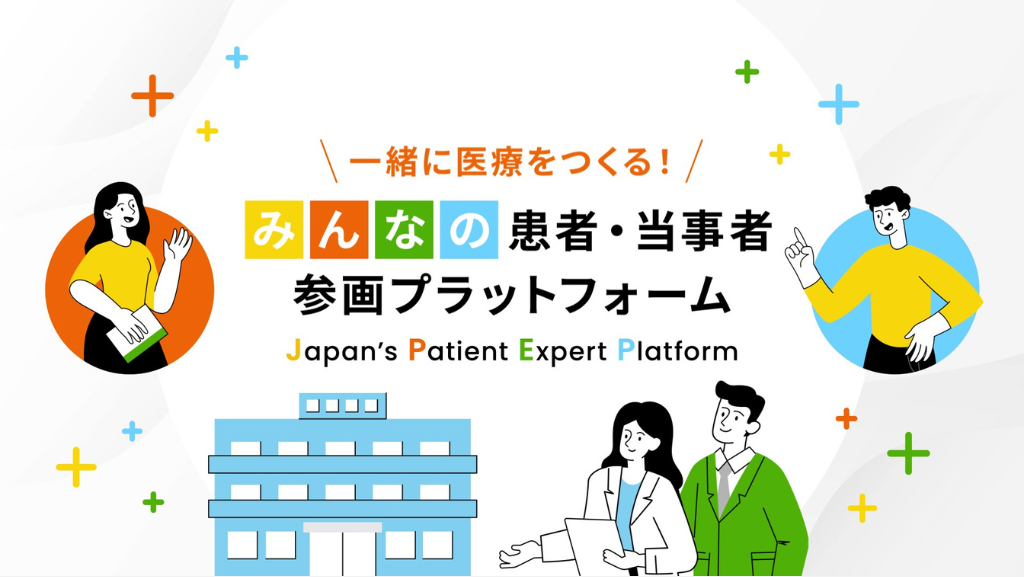

NCDs are defined as chronic diseases, including cancers, diabetes, cardiovascular diseases (CVDs), respiratory diseases, and mental health conditions. NCDs have become the leading cause of death worldwide, and also pose a health issue of great urgency in Japan.


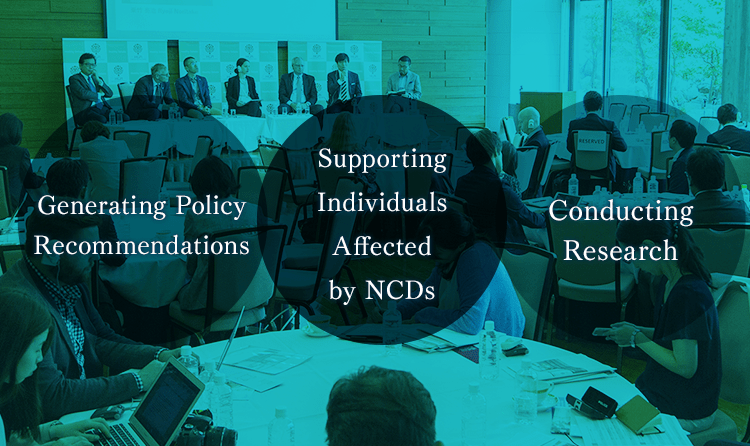
NCD Alliance Japan will continue to expand upon the following activities, aiming to further promote comprehensive, cross-cutting NCD policies as a collaborative platform uniting multi-stakeholders from industry, government, academia, and civil society, including individuals living with and affected by NCDs in Japan.
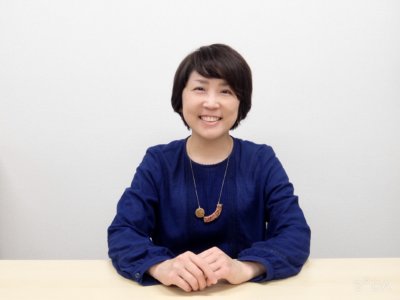
For this interview, we sat down with Ms. Yoshiko Arai, founder of Nanbyo Café Omusubi . Nanbyo Café Omusubi is an organization that aims to provide opportunities for people with intractable diseases to voice their troubles and share information with each other. (“Nanbyo” is a Japanese term for rare and intractable diseases, while “Omusubi” is a play on words linking “rice ball” and “to tie” which are “Omusubi” and “Musubu,” respectively.) In addition to operating Nanbyo Café Omusubi, Ms. Arai balances the management of her own intractable diseases and her work as a social worker. In response to the ongoing Coronavirus Disease 2019 (COVID-19) pandemic, Nanbyo Café Omusubi is currently holding its events online. Ms. Arai hopes to broaden activities in which people with intractable diseases speak up and share their stories to contribute to the creation of the society that is friendlier to everyone.
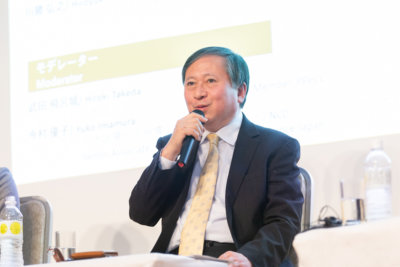
For this interview, we spoke to Mr. Hiroyuki Kawakatsu, stroke survivor and Vice Chairman of the Japan Stroke Association. Mr. Kawakatsu was serving as a branch manager for an insurance company when he suffered a cerebral infarction (CI) in 2004. He was hospitalized for two months and required rehabilitation before returning to work. Through those painful experiences, he realized the importance of spreading accurate knowledge about stroke. He then began giving lectures to share his first-person perspective as someone who has experienced a CI. Thorough his lecture developed into joint awareness-building activities with the Japan Stroke Association, he eventually became Vice Chairman of the association. Beginning this year, he serves as a member of the Ministry of Health, Labour and Welfare’s (MHLW) Council for the Promotion of Stroke and Heart Disease and Other Cardiovascular Disease Measures, where he is engaged in vigorous efforts to share the perspectives of those most affected by stroke.
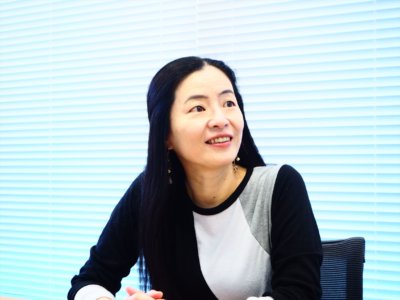
We spoke to Ms. Yukiko Nishimura, who is active on the global stage in the field of rare and intractable diseases as president of an NPO called Advocacy Service for Rare and Intractable Diseases (ASrid). Ms. Nishimura has a background in chemistry and has served as a technology advisor to the Ministry of Education, Culture, Sports, Science and Technology (MEXT), where she contributed as a specialist in uniting industry and academia and in technology transfer. After spending several years working with the NPO for Promotion of Research on Intellectual Property Toyo (PRIP Tokyo), she established ASrid with the goal of providing services to all stakeholders in the field of rare and intractable diseases.